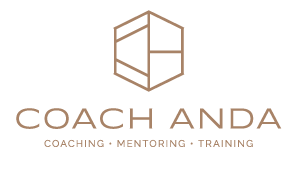Team Coaching
Systemic team coaching can help teams create greater value to the organization. Through the process, teams are able to clearly define their purpose and effective ways of working together. It uses systems thinking which is how the team affects the stakeholders and the organization.
The team can be complex because of the combination of individual differences and the environment around them. There are internal conflicts with team members which create barriers to achieving the goals. The challenges can be solved faster if teams are able to work better together.
Team coaching uncovers new ways of learning and working together. The team learns to focus on team priorities vs. individual tasks. It takes time to create the shift in mindset and behaviors. It does not take one day to unlearn and relearn ineffective behaviors. Through intensive team coaching sessions, the team is able to support each other’s learning and use real issues at work to put it to practice.
These are the outcomes of team coaching which enables to the team to:
- RDefine effective ways of working together
- RCreate a unique team identity and culture
- RBuilds interdependent teams vs silos
- RClarity on how each member can give value and contribute to the goal.
- RAction steps on how to create value to stakeholders
- RBreak down communication barriers
- RCreativity in solving problems together
- RCreate a psychologically safe environment for the team.
- RBuild resilience to setbacks
Let’s figure out which program is best for you, your team, and your organization.
Team Coaching Process
The team coaching sessions are centered on the individual, inter-personal, team dynamics, team task, purpose and stakeholders. It does not just focus on the team but also how it engages stakeholders (customers, employees, working teams, suppliers) and gives value.
Through customized 8-month coaching sessions, the team will become a high value creating team to its members, stakeholders and the organization.
I have been using systemic team coaching process to help build effective teams:
- Analyze structure of the team, individual strength and differences, barriers and goals.
- Use conflict as a driver of performance than a barrier.
- Self-awareness on how each team member can contribute to team success.
- Openly discuss communication barriers and challenges
- Build psychological safety – trust, honesty, respect, embrace conflict.
- Individual and team accountability for actions and performance
- Create value and build stronger relationships for stakeholders ( other intetnal teams, customers, suppliers)
Where team coaching can help your team:
- A new team is being formed and wants to have a successful start.
- A team who is not working as effectively.
- A team who has been successful and wants to find new ways to be effective.
- A team who is going through big challenges.



